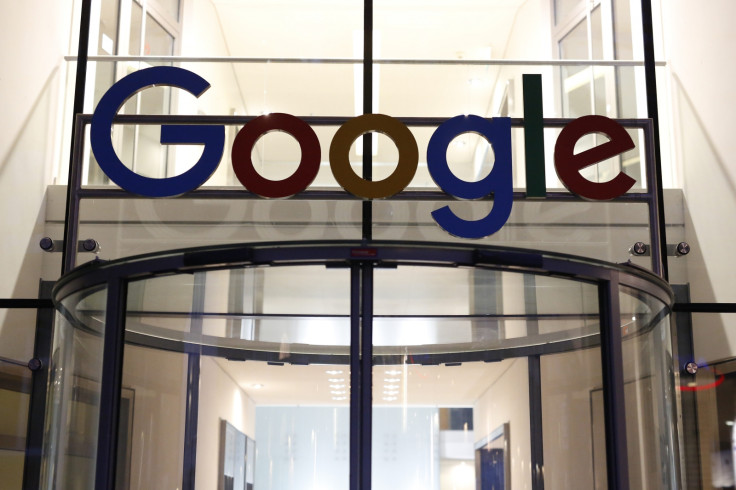Google being investigated for anti-competitive practice against Samsung
FTC in South Korea is looking to ascertain whether Google obstructed Samsung's development of its own OS.

The Fair Trade Commission (FTC) in South Korea is investigating Google to ascertain whether it obstructed Samsung's development of its own operating system platform, a new report suggests. This is not the first time that anti-trust charges have been levelled against the California-headquartered company. In 2016 the Russian government fined the firm $6.7m (£5.4m) for competition violation.
"We are currently checking if Google thwarted competition in the OS market," an FTC official told the Korean Times.
Android's market share accounted for more than 80% of South Korea's mobile market as of January 2017. Responding to the allegations, a Google spokesperson in Korea said, "Android is an open source platform. Our partner agreements are entirely voluntary – anyone can use Android without Google."
"The Android OS can be downloaded for free. It can be modified and used to build a phone. Many companies have used Android's source code as the starting point for their own operating systems," the spokesperson noted.
In 2011 Google and Samsung had entered the Mobile Application Distribution Agreement (Mada) that required Android devices to come pre-loaded with default Google search engine and other services like YouTube and Gmail on the home screen.
The duo even reached an anti-fragmentation agreement (AFA) under which Samsung was not allowed to develop a new OS based on Google's algorithms.
Back then, search engines such as Naver and Daum had complained about Mada. The FTC investigated Google Korea to check if it had violated antitrust laws. But in 2013, the antitrust body found that market shares of the companies were not affected.
In May 2016, the FTC launched its investigation into the AFA and found that Google could be obstructing Samsung's OS development. The FTC is reviewing the need to reinvestigate the 2013 case.
"As lawmakers have demanded a reinvestigation of the case, the FTC is checking whether it is possible to do so," the FTC official said.
© Copyright IBTimes 2025. All rights reserved.





















